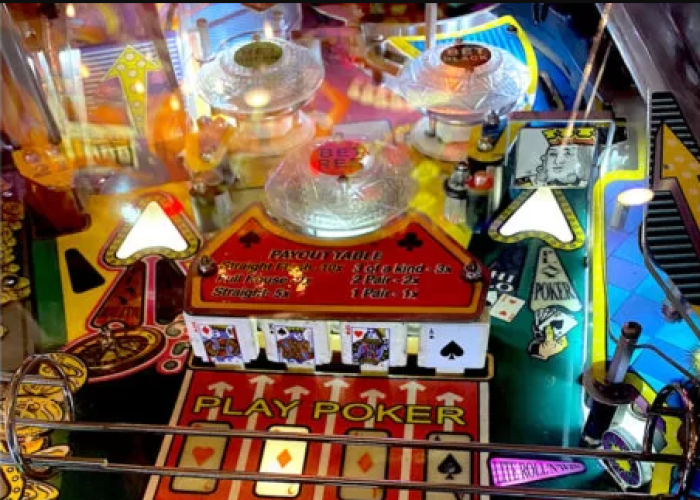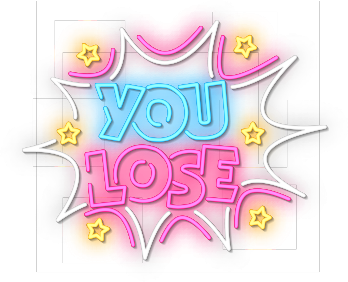Blog Detail
- Home
- Blog Detail
The Ultimate Guide to Casino Pinball Machines: A Must-Read for Gaming Enthusiasts

What is the $20 method at the casino?
The $20 method at the casino is a popular strategy used by some gamblers to maximize their chances of winning. This method involves starting with a $20 bill and playing low-stakes games, such as slot machines or roulette, in a strategic manner. The idea behind this method is to slowly build up your winnings by making small bets and managing your bankroll effectively.
One of the key principles of the $20 method is to set a clear goal for your winnings. By starting with a small amount of money, you can set a realistic target for how much you want to win before walking away from the casino. This helps to prevent you from getting carried away and losing more money than you can afford.
Another important aspect of the $20 method is discipline. Its essential to stick to your strategy and not deviate from the plan, even if you experience some losses along the way. By staying focused and disciplined, you can increase your chances of coming out ahead in the long run.
Overall, the $20 method at the casino is a simple yet effective strategy for gamblers looking to make the most of their gaming experience. By setting clear goals, practicing discipline, and managing your bankroll wisely, you can potentially increase your chances of walking away from the casino with more money in your pocket.
Is pinball a casino game?
Pinball is a classic arcade game that has been enjoyed by people of all ages for decades. It involves using flippers to hit a metal ball around a playfield, aiming to score points by hitting various targets. While pinball is a popular and entertaining game, it is not typically associated with casinos. In fact, pinball is more commonly found in arcades, bars, and entertainment venues rather than in casinos.
Unlike traditional casino games like blackjack, roulette, and slot machines, pinball does not involve wagering money or winning prizes based on luck or chance. Instead, pinball is a skill-based game that requires hand-eye coordination, timing, and strategy to achieve high scores. Players can improve their skills over time through practice and experience, rather than relying solely on luck to win.
Although pinball machines can sometimes be found in casino resorts or gaming establishments as part of the entertainment offerings, they are not considered traditional casino games. The main focus of casinos is on gambling activities where players can bet money on the outcome of games of chance, while pinball is more about skill and enjoyment rather than monetary rewards.
In conclusion, while pinball is a fun and engaging game that has its own unique appeal, it is not considered a casino game in the traditional sense. The thrill of playing pinball comes from mastering the game mechanics and achieving high scores, rather than from the potential to win money or prizes. So next time you see a pinball machine, remember that its all about the skill and enjoyment of the game, not about gambling.
Why did pinball become illegal?
Pinball machines, a popular form of entertainment in the mid-20th century, faced a period of prohibition in the United States during the 1940s and 1950s. The main reason behind the ban on pinball was its association with gambling and organized crime. Many local governments and authorities viewed pinball machines as a form of gambling due to the potential for players to win free games or small prizes. This perception led to the classification of pinball as a game of chance rather than skill, which ultimately led to its prohibition in various cities.
Additionally, the noise and disturbance caused by pinball machines in public places were another factor that contributed to the decision to make pinball illegal. Many establishments, such as bars and arcades, had numerous pinball machines operating simultaneously, creating a noisy and chaotic environment that was often deemed disruptive to the peace and order of the community. This led to concerns from residents and local authorities about the negative impact of pinball on the quality of life in urban areas.
Furthermore, the moral panic surrounding pinball during that time played a significant role in its prohibition. Pinball was often associated with delinquency and juvenile delinquency, with many believing that playing pinball could lead to criminal behavior in young people. This negative perception of pinball as a corrupting influence on the youth fueled the push for its prohibition as a way to protect society from what was seen as a harmful and immoral activity.
In conclusion, the reasons behind the prohibition of pinball in the mid-20th century were primarily rooted in concerns about gambling, noise pollution, and moral implications. The association of pinball with organized crime, the disruptive nature of pinball machines in public spaces, and the perceived negative influence on youth all contributed to the decision to make pinball illegal in many parts of the United States during that time.


